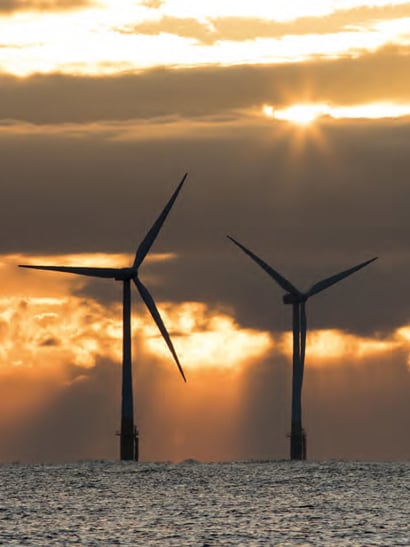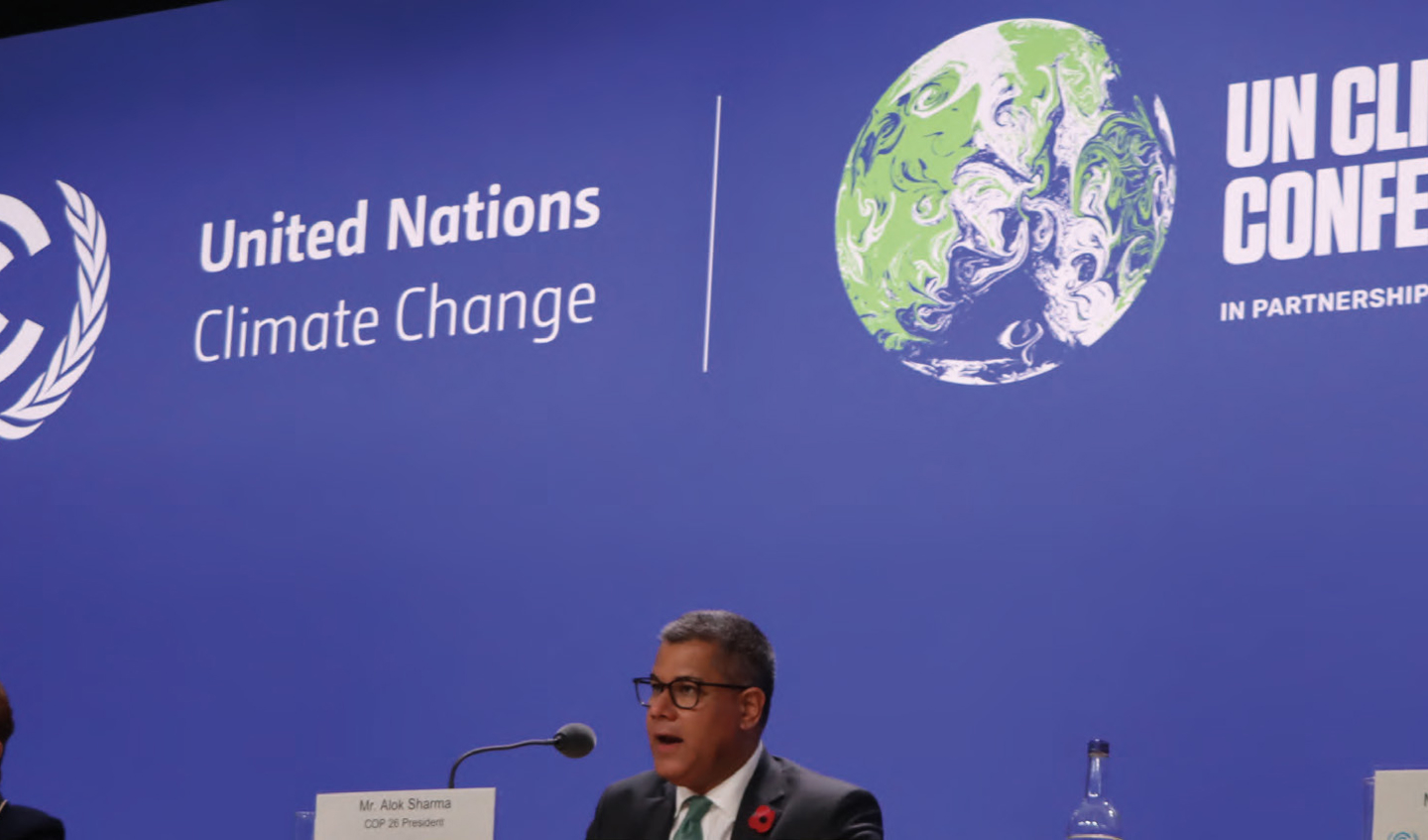Following discussions held at COP26 last year, it is clear more than ever that the shipping industry and beyond has its sights set on a green revolution, but are we doing enough at the right pace?
At the first Clean Maritime Demonstration Competition (CMDC), hosted by the Department for Transport (DfT), Innovate UK and KTN, Bibby Marine presented its winning ‘Feasibility study into decarbonisation of a service operation vessel (SOV) retrofit and newbuild’ along with other leading and innovative projects across the marine industry. The feasibility study is in collaboration with Expleo and Houlder, wherein the three companies receive a share of the £20 million DfT government fund. The fund will finance the study, which explores options to achieve zero emission (ZE) for new-build SOVs and low emission (LE) retrofits using the WaveMaster as a blueprint. The diversity of the nature of green shipping projects – is our first key takeaway. For net zero to work, all facets of industry must be pulling in the same direction. The CMDC has allowed for projects from leisure crafts to cruise liners, none of which should be left behind in our energy transition.
"The UK is positioned advantageously to become a world leader in net-zero and green shipping."
Opportunity is another key takeaway. The UK is positioned advantageously to become a world leader in net-zero and green shipping. A vision which is echoed by many, ranging from industry SMEs to multinational conglomerates. As an island nation surrounded by the world’s largest capacity of offshore wind, and plenty of legacy oil and gas fields, the UK can also pioneer the wide scale generation of blue and green hydrogen. Furthermore, the government have supported this growth and this ambition through Maritime 2050, Clean Maritime Plan and the 10 Point Plan for a Green Industrial Revolution, the first steps towards implementation. As a British SOV operator, we at Bibby Marine have a great opportunity to scale-up zero-emission technologies for shipping that can further be used on larger, more polluting ships.
The final and most critical takeaway is co-operation. For green energy to become mainstream and to make a palpable difference, companies that were traditionally competitors need to be more open for knowledge exchange. This was in full motion at COP26 as well as the shared will for the greater good. Bibby Marine, along with 27 other major workboat operators and offshore wind players, became signatories of the DfT and ORE Catapult’s ‘Operation Zero’ ambition. This declaration looks to accelerate the decarbonisation of North Sea operation and maintenance vessels and aims to have zero-emission workboats on the water by 2025, which could in turn lead to more than £4 billion for UK firms. Furthermore, through a report undertaken by Critical Futures and sponsored by Bibby Marine, it was found that for every £1 spent to build a zero-emission SOV in the UK, £10 would be generated in economic return.

Bibby Marine has a prime ambition to build the first zero-emission SOV and support customers in their own decarbonisation quest, while simultaneously meeting our own ‘net zero by 2040’ targets. So, we are looking for the best ways to reduce our emissions from our vessel fleet. Whether this is introducing new environmental initiatives onboard or leading research into the green fuel of tomorrow’s SOVs. To do this, it is imperative that across the board we move away from using fossil fuels and instead utilise sustainable, environmentally friendly energy. We must do this at a swift pace and not default to the slowest common denominator. It’s clear from COP26 that we cannot afford to take our foot off the (zero emission) gas.








